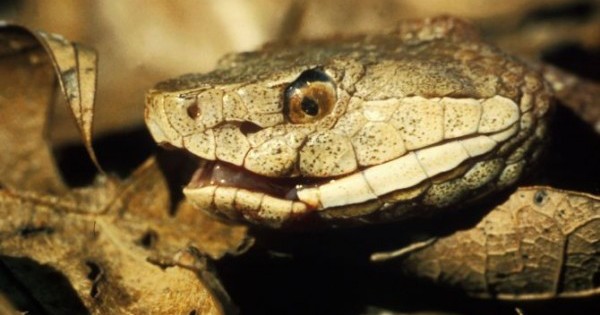
FARYAB—On a cold night at the northern frontier of the war, an American soldier stood guard at the gate of his small outpost. The base crouched on a knob of high ground above a river that ran wild in springtime, severing the region from the rest of the country. It was said that, years before, the Soviet army had occupied the same spot. Long before them, the British army had apparently camped on there, too. Blackened Soviet tanks could still be found on nearby roadsides, and, occasionally, someone discovered a British relic—a tunic button, a battered rifle branded with the crown.
A procession of phantom armies wound past the little guard shack and up through the empty and shell-pocked hills. But the bored soldier wanted to know about snakes. He had been warned of Afghanistan’s many venomous creatures.
“What’s the biggest snake you got here?” he asked the Afghan translator who sat on duty beside him, a man I will call Abdullah.
“Well, it is this big,” Abdullah said, raising an arm over his head. “And it is this wide.” His arms spread, as though hugging a barrel. “And it breathes fire.”
“Fire!” the soldier said. “You’re talking about a fuckin’ dragon, man!”
“Yes, a dragon!” Abdullah said. He grew serious, his voice fell inward. “They killed one in Mazar-e-Sharif. It was not that long ago.”
A few days later the captain in command of the base heard this story and wondered. Afghan legend tells how Ali, son-in-law of the Prophet Muhammad, once slew a great dragon in the region now called Bamyan, at the center of country. But that was long ago, in an age beyond reckoning, and the captain had never heard of it. Grinning, he approached another Afghan translator.
“So, what’s up with dragons in Afghanistan?” he said.
The translator peered at him. “There are no dragons in Afghanistan.”
“Abdullah says there are.”
“Abdullah is a liar,” said the translator severely. “There are no dragons here.”
Then he paused. Slowly he began to nod.
“But maybe in Africa.”

